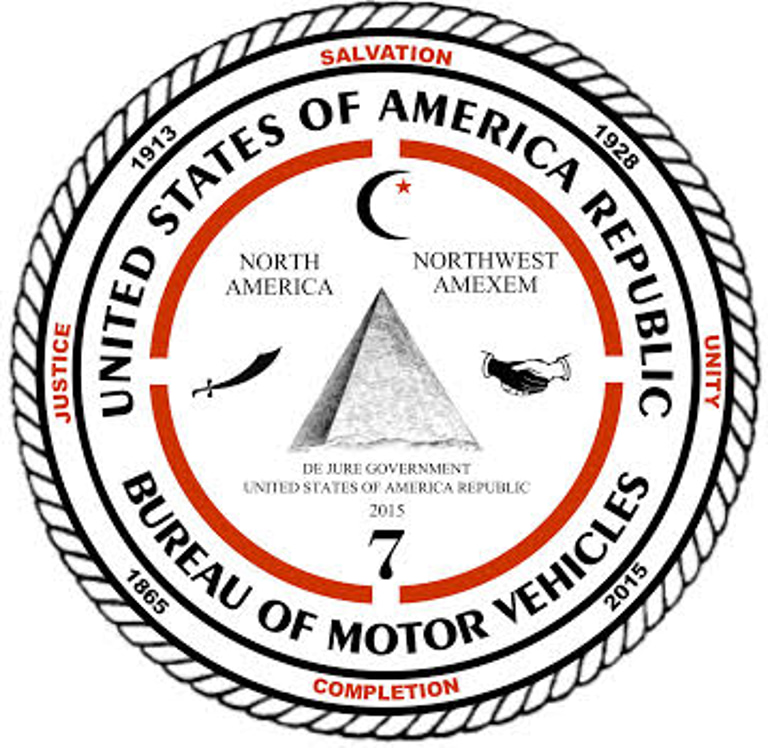TITLE TRANSFER
A title transfer is the process of changing the ownership of a motor vehicle from one person (or entity) to another. This occurs when a vehicle is sold, gifted, or inherited, and the ownership of the vehicle needs to be legally recorded in the new owner's name. The title is an official document that proves ownership of the vehicle, and the transfer ensures that the new owner has legal rights to the vehicle.
Key Steps in a Title Transfer:
1. Complete the Title:
The seller (current owner) and buyer (new owner) must fill out the title document. This includes providing details about the vehicle (like make, model, VIN) and the names and addresses of the seller and buyer.
The seller must sign the title in the designated area, acknowledging that they are transferring ownership to the buyer.
In some cases, the buyer may also need to sign the title or provide additional information, like a bill of sale.
2. Pay Off Any Loans (if applicable):
If the vehicle has a lien (e.g., the owner still owes money on the car loan), the lienholder (e.g., the bank or finance company) must be notified and will usually need to release the lien before the title can be transferred. This often involves paying off the remaining loan balance.
Once the loan is paid off, the lienholder will release the lien, and the title can be transferred.
3. Submit to the Relevant Authority:
The completed title transfer paperwork, along with any required documents (such as proof of identity, insurance), must be submitted to the Bureau of Motor Vehicles.
Both parties (buyer and seller) may need to be present, or they can complete the transfer online, depending on local regulations.
4. Pay Fees:
The transfer fee is $375.00.
The buyer typically pays these fees.
5. Provide Proof of Insurance:
In many places, the buyer must show proof of auto insurance before completing the title transfer. This ensures that the vehicle is legally insured once the ownership is transferred.
6. Obtain New Title and Registration:
After the title transfer is processed and approved, the buyer will receive a new title in their name. This officially makes them the legal owner of the vehicle.
The new owner will also need to register the vehicle in their name, which may involve obtaining new license plates and paying registration fees.
When Title Transfers Occur:
Selling a Vehicle: When a vehicle is sold, the title transfer ensures that the new owner can register the vehicle in their name.
Gifting a Vehicle: If the vehicle is gifted (without money exchanging hands), the title is still transferred to the recipient's name.
Inherited Vehicle: If a vehicle is inherited, the title must be transferred from the deceased person’s name to the new owner (heir).
Trading in a Vehicle: When trading in a vehicle for a new one at a dealership, the dealership will handle the title transfer process.
UNITED STATES OF AMERICA REPUBLIC
BUREAU OF MOTOR VEHICLES
ADDRESS:
USAR BMV
1499 Martin Luther King Drive
Ste 64102
Province Indiana, 46402
Support
© 2025. All rights reserved.
